Transurban firmly in the drivers’ seat over toll reforms
Road users have been left behind as governments rush to secure big-ticket infrastructure deals. That’s where real reform needs to start.
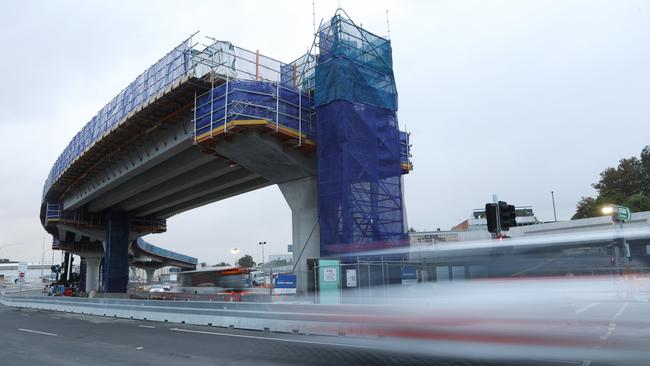
Business
Don't miss out on the headlines from Business. Followed categories will be added to My News.
NSW Premier Chris Minns may have stoked the hopes of drivers with his election promise to reform the tolls devouring Sydney.
Due to watertight toll road contracts with toll road major Transurban in place, chances are those promises will stall like the city’s peak hour traffic.
If anything, the NSW government’s independent toll review interim report should be a lesson in botched long-term government planning. It reveals the monumental failure of successive state governments – Labor and Liberal – as they rushed to get the private sector to foot the bill for building the city’s road infrastructure.
That’s where the real reform needs to start.
These massive road projects were delivered much earlier than what state government balance sheets would have otherwise been able to afford. However, it came at an opportunity cost. Drivers were left behind as state governments set and accepted long-term concession conditions from toll road operators. And as the review concludes, drivers will be on the hook for $123bn over the coming decades – a figure that would pay for today’s toll road investments three times over.
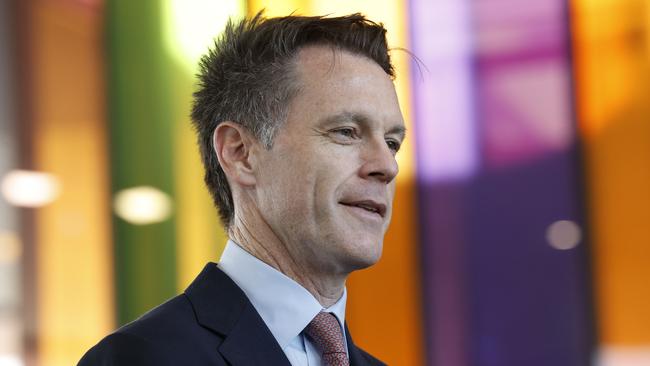
Renewable energy and housing are now taking the growth in public infrastructure investment, and there are plenty of warnings around project planning that takes place in isolation.
In this case, road contracts were hammered out with players like Transurban on a project-by-project basis, and tolls were not considered how they worked with any other road in the network. Fundamentally, contracts were awarded not through competitive tension that delivered the lowest price for road users, but they were structured around who could deliver the biggest budget windfall.
Transurban has emerged with a controlling stake in each of NSW’s 11 privately operated roads, and this means the independent toll review is really about the $40bn giant.
Chief executive Michelle Jablko is astute enough to know she needs to be on the side of toll reform to keep Transurban in the game when it comes to bidding for the city’s future road concessions, as well as projects in other states.
As the report notes and anyone who has driven around Sydney’s bewildering network of roads would attest, past decisions have left an uncoordinated and inconsistent regime of tolls.
Pricing is opaque for many, and there’s under-utilised toll roads such as the Cross City Tunnel. There are knock-on effects because congestion is being pushed on to narrow local roads.
However, the report, prepared by former Australian Competition and Consumer Commission chair Allan Fels and high-profile economist David Cousins, acknowledge how tough it is to unscramble the toll toad mess.
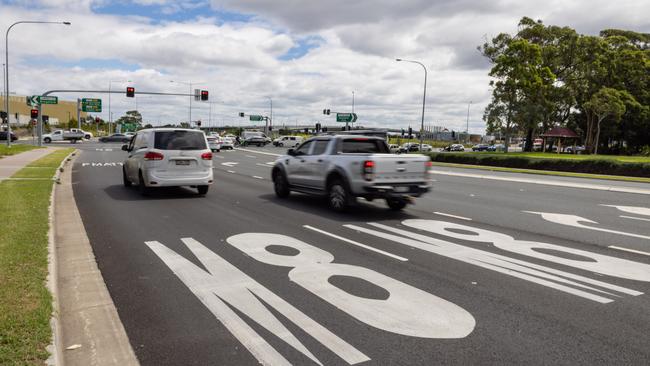
They say any reforms should respect the contracts the state government has in place with concession holders, which in nearly all cases is led by Transurban.
This means that without the significant buy-in from Transurban and its super fund partners and offshore financiers or their respective investors, significant reform of the tolls on existing roads won’t get off the ground.
The heart of the report’s recommendations are built around network tolling, to be managed by a central authority, which puts in place uniform pricing across the city’s toll roads. The city’s 13 toll roads currently have different pricing regimes, ranging from $3.11/km in the Cross City Tunnel to 24c/km for the freight-focused M7. This also opens the door for dynamic – or time-of-day tolling to get around congestion and distance-based pricing option, with prices declining the further motorists drive.
The wholesale shift to unified network tolling called for in the review would be too risky for Jablko to sell to her investors, but there could be scope for changes around distance pricing or geographical zone-based charges.
Transurban too has floated a congestion-style toll with prices based on the time of day as well as some changes to treatment of small trucks and buses.
Jablko on Monday welcomed the interim review and noted that it had recommended that existing contracts are honoured.
“We’ve long been advocates for toll reform and have been engaging with the NSW government for some time on how the system can be improved. This interim report is another step in the process of delivering better value and outcomes for customers,” she said in a statement.
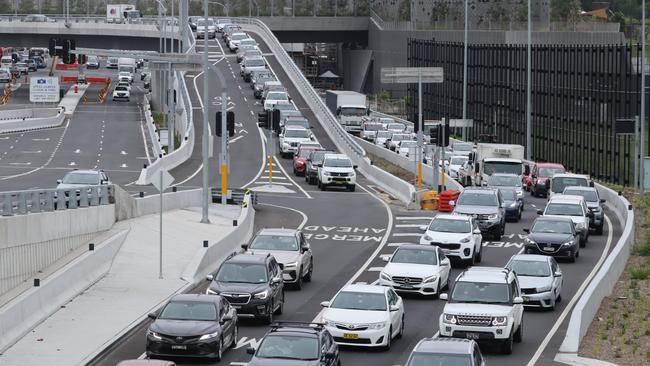
Jablko also sought to nudge the debate back into the very real need for private investment in infrastructure to help ease the pressure as Sydney’s population grows.
Minns can talk tough about demanding change or even resorting to legislative intervention, although those threats are as hollow as his promises to fix the clogged Rozelle Interchange. Overriding concession contracts will come with a massive compensation bill – and the Premier knows this. Minns on Monday said he still wants a “significant reset” of tolling changes.
One of the first acts of Victoria’s Andrews government was to rip up the contract for the East West Link. That resulted in $1bn in compensation for a road that hadn’t yet been built. NSW’s toll roads are up and running, and many contracts are in place until 2060 before the roads are handed back to the state.
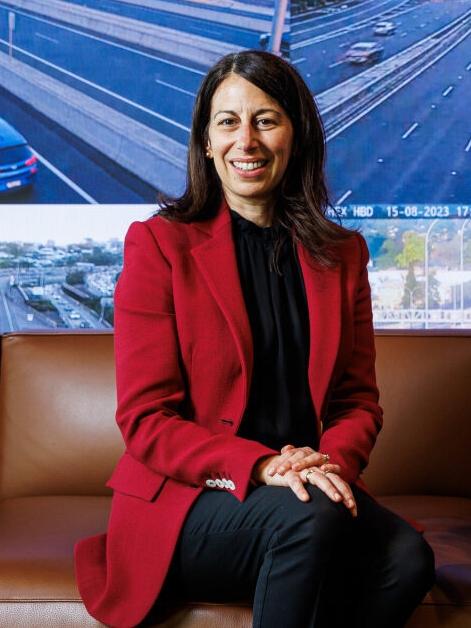
A visual representation revealed in the report of the contracts in place for the Lane Cove Tunnel, in place from 2010, are stupefying as much as intimidating. Every step of the way would need to be unwound for any major tinkering of tolls.
Like former Treasury secretary Ken Henry’s ambitious, but ill-fated tax review of 2008, the Fels-led recommendations rely heavily on all of them elegantly falling into place, to be effective.
Already, Minns has upset the balance by ruling some changes out. This includes keeping his centrepiece $280m of annual toll subsidies that the toll review wanted to be scrapped, labelling them “unsustainable” and favouring the wealthy.
If anything, the toll review is a useful exercise into how NSW should be considering setting future contracts under new tolling principles. This includes two harbour tunnel projects, the M6 Motorway and M12 Motorway, that are each in various stages of planning to construction.
The review offers a road map for Victoria and Queensland to consider for future toll road projects. The biggest in play is Melbourne’s monster North East Link project that connects two major road arteries.
The Victorian government is developing the toll road that has now been budgeted at $26bn, and it is expected to be privatised on completion – and Transurban is expected to run hard in the bidding for that road.
If past form by the states is anything to go by, it is likely the debt-heavy Victoria will also put a windfall ahead of motorists.
johnstone@theaustralian.com.au
Originally published as Transurban firmly in the drivers’ seat over toll reforms



